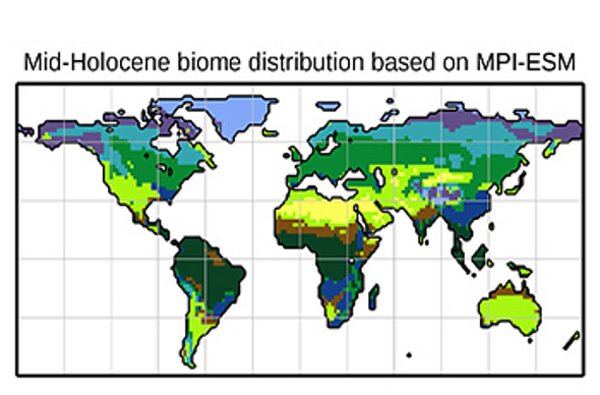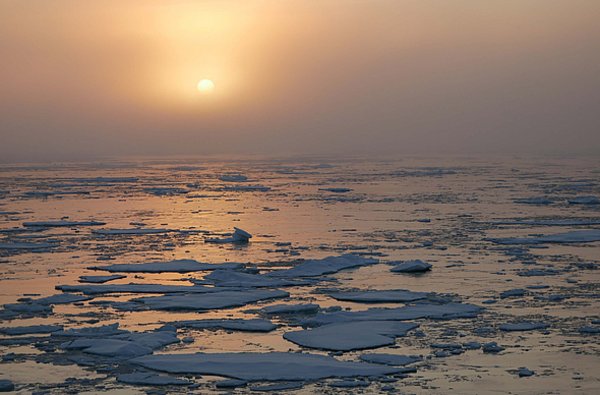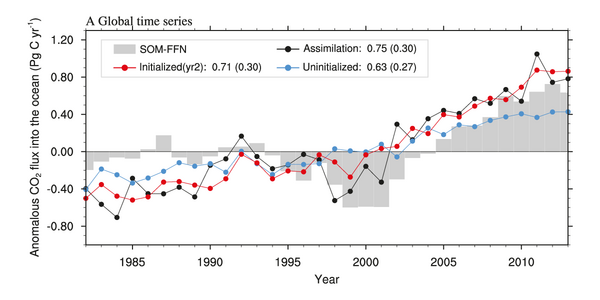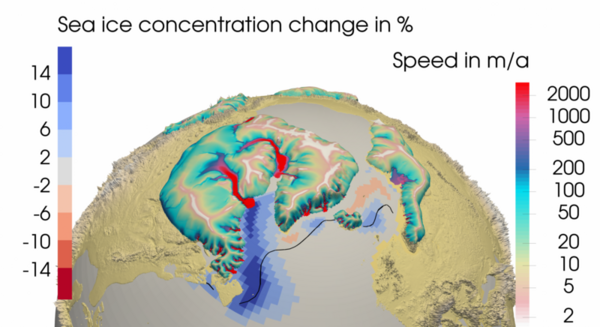Gravity waves in convection-permitting simulations
In a new study published in the Journal of the Atmospheric Sciences Dr Claudia Stephan and Dr Hauke Schmidt from the department “The Atmosphere in…
Sedimentation effects on stratocumulus lifetime more important than previously thought
Stratocumulus clouds are efficient in cooling the Earth’s atmosphere by reflecting incoming solar radiation back to space. However, predicting the…

New method for evaluating Earth System Models
In a new study published in Climate of the Past and highlighted by the journal, Anne Dallmeyer, Victor Brovkin and Martin Claussen from the…
Increased AMOC slowdown in high-resolution models
Scientists from the department "The Ocean in the Earth System" at the Max Planck Institute for Meteorology (MPI-M) have shown in the Journal of…

Shifting winds weakened the recent Southern Ocean CO2 absorption
In a new study, Lydia Keppler and Dr Peter Landschützer from department “The Ocean in the Earth System” at the Max Planck Institute for Meteorology…

Cause for variability in Arctic sea ice clarified
Using extensive computer simulations, the scientists Dr Dirk Olonscheck, Dr Thorsten Mauritsen and Dr Dirk Notz from the Max Planck Institute for…
Contribution to understand the long‐term response of the ocean carbon cycle to climate change
In a new study in Geophysical Research Letters Dr Tatiana Ilyina and Dr Mathias Heinze from the department "The Ocean in the Earth System" at the Max…

New estimates of the future effect of air pollution on Earth´s radiation budget
Almost all IPCC scenarios for 2015 to 2100 show a reduction in the air pollution by anthropogenic aerosols for the future, but their effects on the…

Predicting the variable CO2 uptake by the ocean
The ocean CO2 uptake is predictable for two years in advance, according to new paper in Science Advances by Dr Hongmei Li, Dr Tatiana Ilyina, Dr…

Freshwater release and elevation loss affect climate during Heinrich events
A team of researchers around Dr. Florian Ziemen in the department "The Ocean in the Earth System" at the Max Planck Institute for Meteorology (MPI-M)…
EOS editors highlight paper: Sea-surface carbon patterns linked to large-scale climate modes
Observation-based estimates show the oceanic uptake of carbon dioxide is varying substantially in time, largely driven by the variability in the…

More peat carbon in warm climates
In a ground-breaking study Dr Thomas Kleinen and Prof. Victor Brovkin from the Department "The Land in the Earth System" at the Max Planck Institute…
